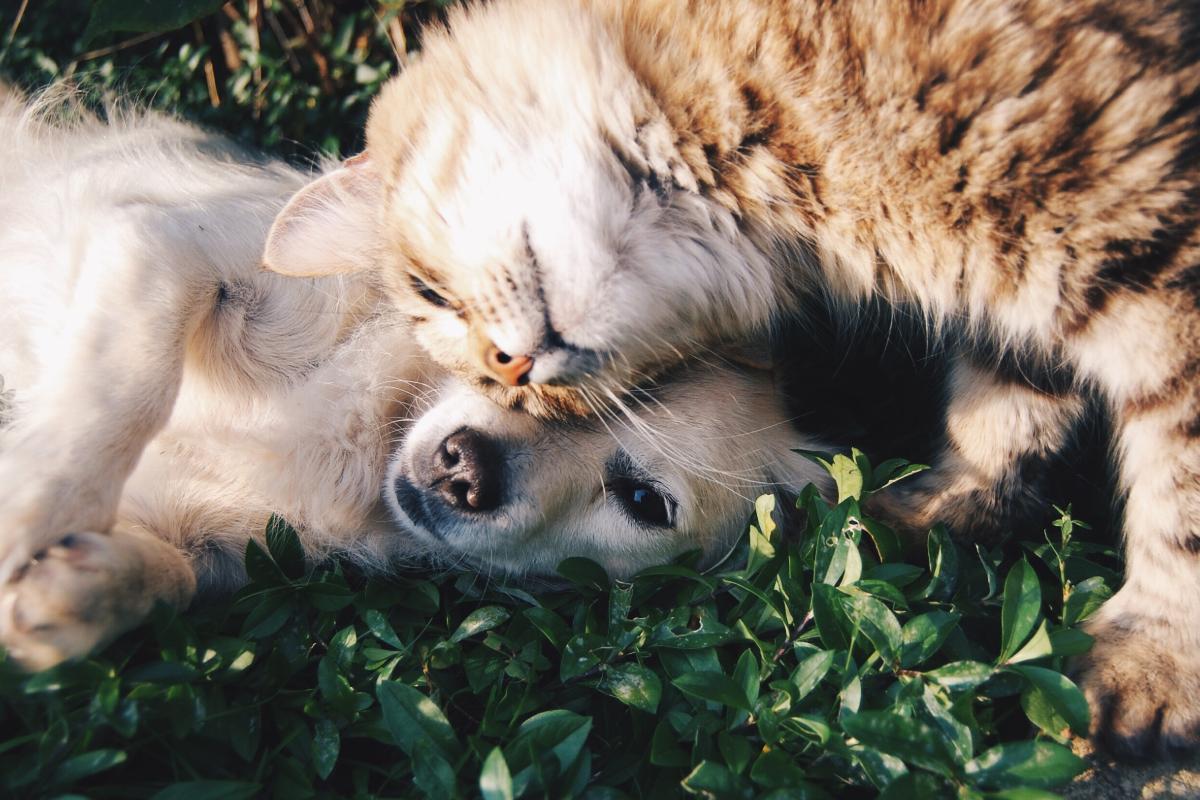This article has been updated on 9th November 2023.
We're a nation of pet lovers. The Pet Food Manufacturers Association estimate that 57% of households has a pet. Of those 31% will have a dog and 26% a cat. This means there are 12 million dogs and 11 million cats kept as pets in the UK..
For private landlords, this means many potential tenants will have pets. And they are likely to be either cat or dog owners. And whilst a dog may be a man's best friend it can also cause a lot of damage to furniture, doors and lawns. And as for cats. Any wooden surface is fair game for a scratching post.
All of which begs the question; what do private landlords do when a tenant has a pet?
As a landlord, you have three options when it comes to pets.
- You can refuse pets with reasonable grounds.
- You accept some pets.
- You accept any pets.
There are pros and cons to accepting pets. We'll look at both sides of the argument here.
Why some private landlords don't like pets
Or at least why you may not want your tenant to keep a pet. There are obvious risks in letting your property to a tenant who has a cat or dog. Or who intends to get one when the tenancy begins.
The most obvious is damage. A dog or cat can scratch doors and furniture legs. They can 'do their business' on the lawn killing the grass and a game of fetch can destroy any grassed area. But it isn't just damage private landlords will be concerned about.
Odours are one of the biggest concerns with most pets leaving a trace, think dog smells and cat liter trays for example. You may need to redecorate and possibly fumigate after the tenancy ends. And that is expensive and time-consuming.
Dogs can also cause other problems. A constantly barking canine will not go down well with your neighbours. And those neighbours, as well as yourself, could be at risk of physical harm if the dog is vicious.
Allergies are another consideration and a particular concern if you are renting out your own home and have plans to eventually move back in.
Historically it is these concerns that have led to the banning of all pets but is that a reasonable stance in today's pet loving world?
Firstly this decision must surely be based on the type of pets. A goldfish isn't going to leap out of its bowl and dig up the garden. But plenty of dogs will happily tunnel under the back fence for example.
So maybe instead of an outright ban, you will consider allowing some pets? This can be an ideal compromise and one which keeps both yourself and your tenant happy.
The case for allowing all pets
There are some real benefits to renting to tenants with pets. The first is choice. When you want to find a tenant you will have a much larger pool to choose from. By advertising you accept pets you'll have plenty of animal lovers wanting to rent from you. This, of course, presents an opportunity all of its own.
Because some landlords flatly refuse to accept pets those that do will find their properties in demand from pet owners. You may of course seek to increase the rent to cover the potential additional wear and tear which may help with things like financing too. But there are other reasons why renting to pet owners is a good idea.
This is a bit of a generalisation but you will find responsible pet owners are usually responsible tenants. They will look after your property. And if you're looking for long-term tenants pet owners are ideal. They know the problem of finding a landlord prepared to accept their pets and once they do they're likely to remain in the property over the long-term.
The importance of the tenancy agreement
If you do allow pets then you should ensure your agreements reflect this and any obligations that tenants will have. We recommend a specific pet agreement which will indicate the pet permission and care requirements alongside conditions that must be met such as an allergen clean and confirmation that the tenant will cover any specific damage caused by the pet at the end of the tenancy.
Make Ur Move can provide these additional documents as part of any Good
Landlord or Managed service. Book a call with one of our property managers for more details.





